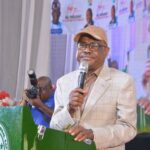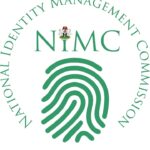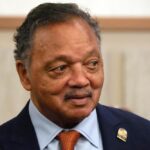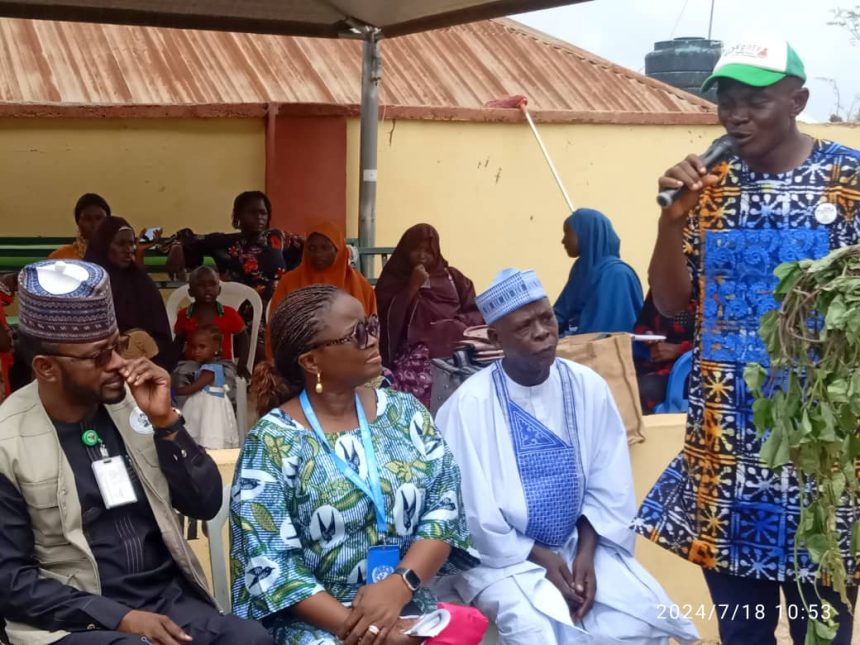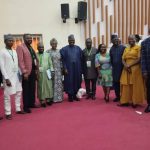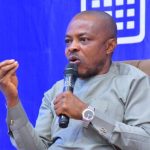Mr Mohammed Isa, the Senior Special Adviser to the President on Special Needs and Equal Opportunities, says partnership is key to addressing challenges faced by Persons With Disabilities (PWDs).
Isa stated this at the launch of capacity building, training and free distribution of reusable sanitary pads for women and girls with disabilities, and orange fleshed sweet potato farming on Thursday in Abuja.
The News Agency of Nigeria (NAN) reports that the programme was organised by Nigeria Women Economic Development (NigWED) in partnership with UNFPA.
Other partners are the Federal Ministry of Women Affairs, Advocacy for Women With Disabilities Initiative (AWWDI), Africa Tomorrow Plus Foundation among others.
He said his office has the mandate to create equal opportunities for all in line with the renewed hope agenda of President Bola Tinubu.
“Achieving this mandate is only possible through partnerships like this one, we are committed to partnering with you and provide all the necessary support.
“As part of our efforts to promote good menstrual health and hygiene practices among women with disabilities, we will champion the campaign of reusable sanitary pads.
“It is a significant strive towards enhancing the dignity and quality of lives of women and girls with disabilities.
“By integrating agricultural training and menstrual health initiatives, we are addressing the multiple challenges faced by PWDs ,” he said.
Isa commended NigWED for the initiative and encouraged the beneficiaries to embrace the initiative.
Speaking on behalf of the ministry of Women Affairs, Mr George Salau, said empowerment was at the heart of training.
“By providing essential training on the use and maintenance of reusable sanitary pads, we are taking a critical step towards enhancing menstrual hygiene management.
“The introduction and training in the cultivation of orange fleshed sweet potatoes, is a testament to our dedication to improving nutritional standards and food security.
“This initiative not only addresses the issue of vitamin A deficiency but also opens doors to economic opportunities,’’ he said.
Salau said by empowering women and girls with disabilities to engage in sustainable agricultural practices, they were paving the way for increased income generation and self-reliance.
Mr Lugard Okonobo , the initiator of the project and Director-General, NigWED, said the training was aimed at empowering and engaging women to be self-reliant and healthy.
Okonobo said that he was optimistic that the project would go a long way and would be extended to other parts of the country.
He said that the women would be trained on how to sew the sanitary pads, engage and pay them for their services and then distribute the products to other PWDs.
Okonobo said the farming of the orange fleshed potatoes rich in vitamin A, would be cultivated by the women.
He said that it is good for pregnant women, adding that everything about it is useful.
He called on Isa to help NigWED acquire farm lands from any part of the country to cultivate and help in economic empowerment of PWDs and food security.
The representative of the Country Director of UNFPA, Mrs Wunmi Laolu-Akande, said they were partnering with NigWED because sexual reproductive health of women was their heartbeat.
She believed that the community would benefit greatly from the training through the distribution of the sanitary pads.
Aisha Ndakun, WASH advocate, said more than 1.8 billion girls and women menstruate every month, adding that 500 million women in the world do not have access to sanitary pads.
She said coming up with the initiative would go a long way in solving the problem of access to sanitary pads and the burden that comes with it.
Ndakun said they look forward to impacting on up to 10,000 women across the country.(NAN)


